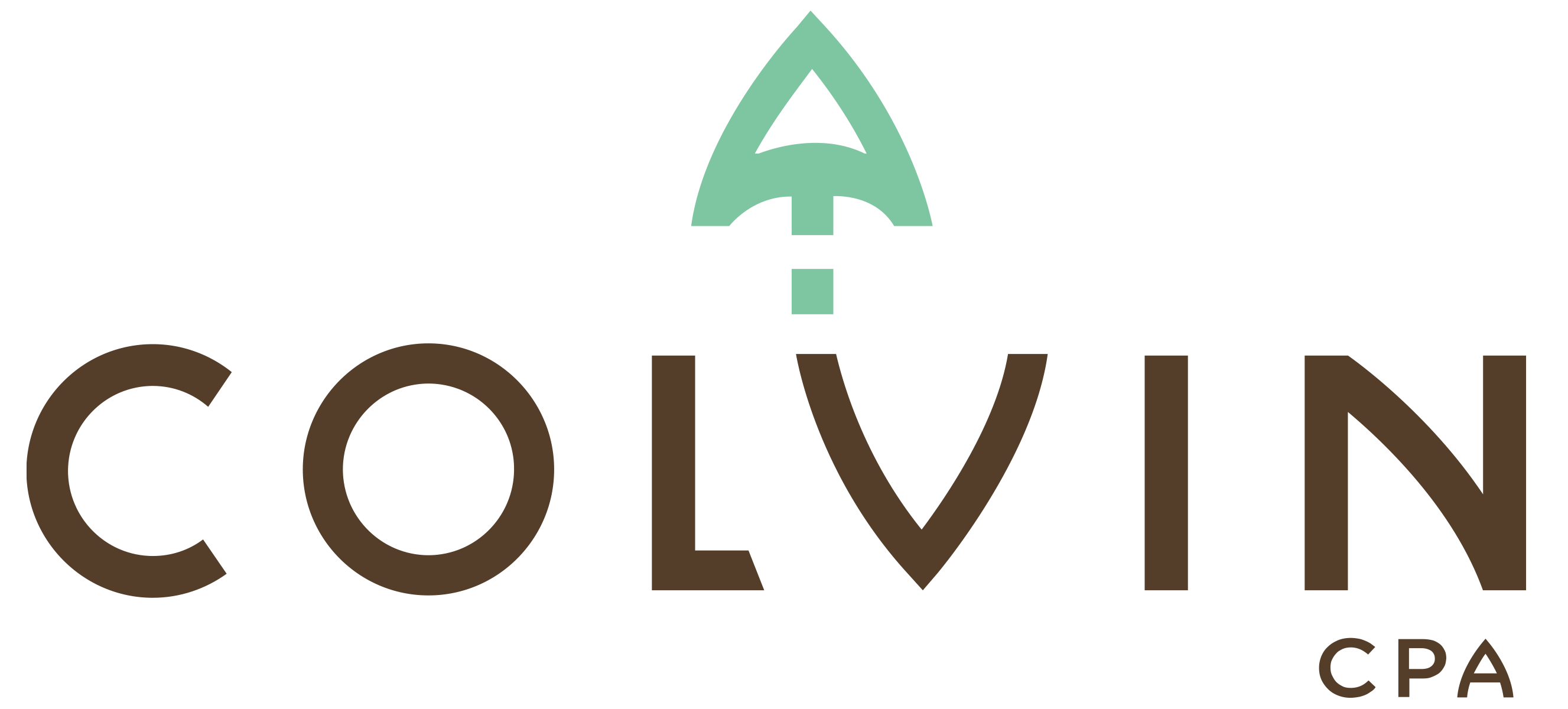communication is our priority
To the business visionaries with accounting questions –
Let’s talk numbers.
Contact Us
So we can better answer your questions, fill out the form and someone from the team will get back to you, usually within one business day.

Serious Accounting for Creative Businesses
We take the worry out of accounting.
Welcome to Colvin CPA, we’re all about serving course creators, authors, keynote speakers, trainers, workshop leaders, coaches, and consultants – professions that thrive on the freedom to create. That’s why we’ve taken a different route in the world of accounting. We’re 100% virtual and fully accessible, aligning with the way your industry works.
With our expertise and dedication, we understand your unique needs. Our approach makes numbers a breeze, creating a hassle-free tax and accounting experience. Join us on this exciting journey!

Our team answers your
Our team answers your



here’s what
clients ask
the most
Great question. We realize every company is different and because of that, we tailor each of our plan tiers to suit your company’s accounting needs. The first step to getting a quote from us is to fill out our 5-minute Discovery Questionnaire.
Usually around 3-6 months worth of operating expenses, but this may depend on your business. Operating expenses are the ongoing costs incurred by a business in order to maintain its day-to-day operations. They are expenses that are not directly related to the production or sale of goods and services but are still necessary for the business to run.
You are not required to receive forms 1099 from your clients. However, if a client has paid you more than $600 for services during the year and it wasn’t paid by credit card, they may be required to issue you a 1099. This is because the IRS requires businesses to report payments made to independent contractors over $600 per year. Please note: This is just a general overview of the Form 1099 filing requirements.
Typically yes, if the independent contractor files taxes in the US as a sole proprietor or an LLC and you paid them $600 or more during the year. You don’t need to file a 1099 if you pay the contractor by credit card. Please note: This is just a general overview of the Form 1099 filing requirements.
As a sole shareholder of an S-corp, you can pay yourself in two ways:
– Salary: You must pay yourself a reasonable salary for the work you do for the business. This salary is subject to payroll taxes and income tax.
– Distributions: You can also receive distributions from the S-corp’s profits. Distributions are not subject to payroll taxes, but they are subject to income tax.
As a sole proprietor, you simply take withdrawals from the business. Withdrawals are subject to self-employment tax and income tax.
As an S-Corp shareholder, your income from the business is calculated on its own tax form and “flows through” to your personal tax return on form K-1. Your tax rate is based on your individual situation. Some states tax S-Corp’s at the entity level, which turns out to be beneficial for the shareholders. You will also receive a W-2 from the S-Corp if you perform any work for the business. A sole proprietorship files form Schedule C as part of their individual tax return. A Schedule C can be a simpler method to file your business tax, but an S-Corp could save a business taxes if the situation is right.
When the money that you save on taxes > the increased expenses to operate an S-corp (payroll services, file a separate tax return, etc)
The best way to reduce your tax liability is to know what expenses are deductible. A CPA can guide you to maximize deductions for home office expenses, health insurance expenses, domestic travel expenses, international travel expenses, gifts, use of an automobile, meals, telephone, retirement benefits, etc
File form 2553. The IRS requires that the form is filed within 2 months and 15 days after the beginning of the tax year that the election is to take effect. For example, a business with a 12/31 year end has to file form 2553 by March 15th. Don’t worry, you can request an exception if you realize after March 15th that you will want to make the S-corp election for that year.
Basis is income in your S-corp that you’ve already paid taxes on and it is tracked in the S-corp’s tax return. In an S-corp, you pay taxes on income as it is earned instead of when you withdraw money from the business.
First, determine the “safe harbor amount” which is based on your prior year tax liability. For example, if you paid $20,000 in taxes last year and your safe harbor rate is 110%, your estimated tax payments will be $5,500 each quarter. If you want a more accurate estimate, consider the current taxable net income in your business. This requires current financial statements and anticipating tax law changes.
Simplifies your accounting process making it possible for someone else to do your bookkeeping. Protects you in the event of an audit.
The top 4 questions that you should be able to answer when looking at your financial statements are:
1) How profitable is the business?
2) Will cash flow cover expenses?
3) How much is the business worth?
4) Are financial trends improving?
Xero for accounting software, Hubdoc for electronic receipt storage, Gusto for payroll, Relay Bank for checking and savings account, Chase or American Express for credit card, Stripe for collecting client payments by credit card, Wise or PayPal for foreign currency transactions, Harvest for time tracking.
Typically 2-5% of sales depending on whether you are simply getting support vs full service.
Your CPA should have experience with your industry, respond to you quickly and most importantly, be someone that you are excited to talk to.
Hiring a bookkeeper allows you to scale, saves you time and money, keeps you organized and out of trouble.



